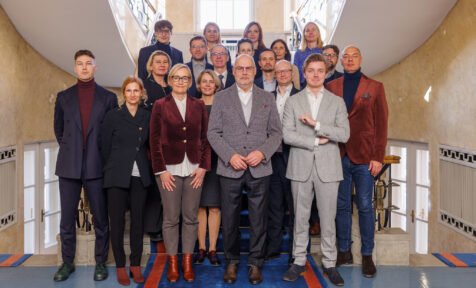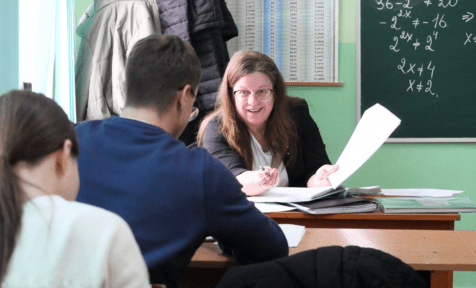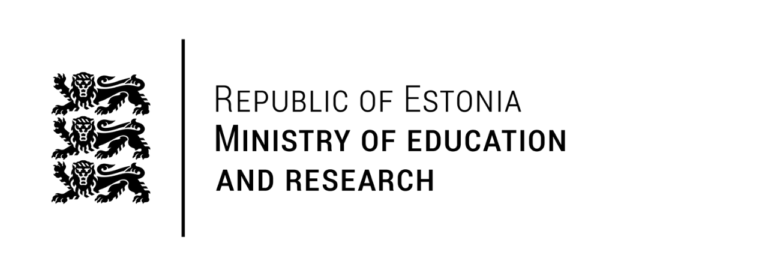The University of Tartu’s Digiefekt study, supported by the Ministry of Education and Research, explored the impact of digital technologies on education from 2020 to 2023. The study offers detailed insights and actionable recommendations for educators, developers, policymakers, and researchers.
The researchers examined how digital tools like devices and online platforms affect students’ learning outcomes in various skills, including mathematics, science, and digital literacy across grades 3, 6, and 9.
Classroom dynamics and digital tools
Researchers analysed 171 lessons, identifying different usage profiles of digital technologies. They found that lessons incorporating digital tools in a constructive way, where students integrate prior knowledge with new information, yielded better learning outcomes. In contrast, lessons that merely replaced traditional tools with digital ones without adding interactive elements showed no significant improvement in student performance.
Margus Pedaste, a professor of educational technology at the University of Tartu and the project lead for Digiefekt, highlights the shifting paradigms of wealth and success in the digital age: “If previously wealth in the world was based on oil, gold, or other material resources, today it is increasingly said that the basis of success is data and the skill of using it – data literacy. In the digital age, data is generated in enormous quantities, and the ability to value it, i.e., making it valuable for decision-making, is an important skill.”
Student engagement with digital content
The study also examined how students interact with digital content, particularly through e-textbooks on platforms like Opiq. It revealed that most students focused on completing tests rather than engaging with the materials or multimedia resources. Those with diverse learning strategies, such as integrating reading and media usage, generally achieved better results.
In line with these findings, Pedaste explains the goals of the Digiefekt project: “In the study, the goal was to ensure that all possible data would at some point become open data in anonymised form. This is what we have done. On the Digiefekt website, under the results section, 17 data sets are presented, for example, on the use of digital tools, learning environments and content in lessons, students’ interaction with Opiq e-textbooks, learning anxiety, socio-emotional skills, personality traits, and even a summary file combining various datasets.”
Researchers recommend: Strategies for digital education
Based on these findings, the Digiefekt study provides tailored recommendations for various stakeholders in the educational sector.
Recommendations for Teachers
- Develop interactive and constructive tasks: Design digital learning tasks that require students to collaborate and integrate new knowledge based on ideas from peers and educational materials. This approach enhances learning outcomes.
- Clarify digital use objectives: Clearly outline why digital technologies are used, focusing on enhancing learning quality. Share these objectives with students, possibly through reflective discussions.
- Go beyond substitution: Avoid merely replacing traditional tools with digital ones; explore how digital technologies can genuinely enhance learning, such as through collaborative content creation and AI utilization.
- Engage in discussions on digital material use: Discuss with students the strategic use of digital tools like e-textbooks, which is currently unsystematic and affects learning outcomes variably.
- Monitor and guide technology use: Encourage students to monitor their use of digital technologies. Promote the use of computers for educational purposes and discourage the use of smartphones and tablets for non-educational activities.
- Enhance digital competency: Develop students’ digital skills, including self-protection online, programming, digital content creation, and responsible communication in digital spaces.
- Support socio-emotional skills through digital control: Enable students to feel in control over their digital learning by allowing choices about when, how, and with whom to use technology.
- Differentiate learning tasks: Offer tasks that can be completed with or without digital technologies, allowing students to choose based on their comfort with these tools, thereby supporting socio-emotional skill development.
- Reflect on digital technology goals: Understand and define the goals of using digital technologies to ensure they are effectively enhancing learning outcomes.
Recommendations for Educational Material Developers
- Create interactive and constructive digital materials: Produce digital content that requires active collaboration and knowledge creation from students.
- Articulate goals for digital materials: Clearly state the educational objectives of digital materials to ensure they contribute to substantive learning improvements.
- Guide users on strategic material use: Provide guidelines that encourage strategic and effective use of digital materials, focusing on enhancing learning quality.
Recommendations for Policymakers
- Revise teacher training programs: Update curricula to focus more on digital teaching strategies and the effective use of technology in education.
- Use existing data for research: Encourage using existing datasets like the Digiefekt data for academic research, reducing the burden of data collection in schools.
- Adopt and develop assessment tools: Consider using or developing assessment tools from the Digiefekt project for national educational evaluations.





